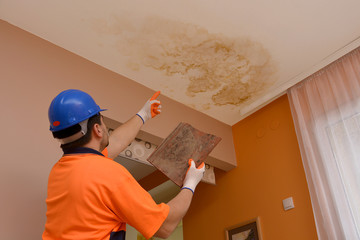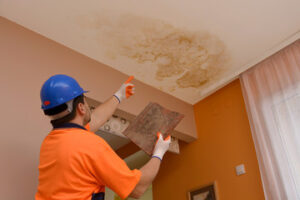Finding a reliable and cost-effective solution for waste disposal is essential for both residential and commercial property owners. Proper waste management ensures cleanliness, promotes environmental sustainability, and enhances overall quality of life. Contact Junk Removal Mesa for professional help.
Many individuals and businesses seek rubbish removal services that are both fast and affordable, as they want to dispose of unwanted items efficiently without excessive costs. The need for quick and inexpensive rubbish removal has grown significantly, leading to the emergence of service providers who specialize in collecting and disposing of waste in an environmentally friendly manner.
One of the primary concerns when hiring a rubbish removal service is efficiency. People often accumulate waste over time, whether it consists of old furniture, broken appliances, construction debris, or general household clutter. Waiting for public waste collection services might not always be convenient, as schedules can be infrequent or restrictive. Professional rubbish removal services offer a faster alternative, ensuring that unwanted items are cleared out promptly. Many providers offer same-day or next-day services, allowing customers to have their waste removed without unnecessary delays. This is particularly useful for those who need to clear space quickly, whether for a home renovation, an office relocation, or an urgent cleanup before an event.
Affordability is another crucial factor when choosing a rubbish removal service. While some providers may charge high rates for their services, others offer budget-friendly options that cater to different financial situations. The cost of rubbish removal varies based on factors such as the volume and type of waste, the location, and any additional services required. Many companies provide transparent pricing structures, offering customers upfront estimates to avoid hidden fees or unexpected costs. By comparing different service providers, individuals can find a solution that fits their budget while still receiving efficient and reliable service.
Environmental responsibility is an important consideration in waste disposal. Many people are concerned about the impact of waste on the environment and seek rubbish removal services that prioritize eco-friendly practices. Responsible service providers ensure that collected waste is sorted, with recyclables being separated from non-recyclables. Items that can be reused or donated are often redirected to charities or recycling centers rather than being sent directly to landfills. This approach minimizes waste pollution and contributes to sustainability efforts. Some providers also partner with recycling facilities to ensure that materials such as metal, wood, plastic, and electronics are processed correctly, reducing the environmental footprint of waste disposal.
Another benefit of professional rubbish removal services is convenience. Removing waste manually can be time-consuming and physically demanding, particularly for large or heavy items. Many people lack the necessary equipment or transport to dispose of bulky waste on their own. Hiring a rubbish removal service eliminates the hassle of handling and transporting unwanted items. Professional teams arrive equipped with the right tools and vehicles to remove waste safely and efficiently. This not only saves time and effort but also ensures that waste is disposed of in compliance with local regulations and guidelines.
Safety is also a key consideration when dealing with waste disposal. Handling certain types of waste, such as construction debris, broken glass, or hazardous materials, can pose risks if not managed properly. Professional rubbish removal services have trained personnel who understand how to handle different types of waste safely. They use appropriate protective gear and follow safety protocols to minimize the risk of injury or accidents during the removal process. By entrusting waste disposal to professionals, individuals can avoid potential hazards and ensure that their property remains clean and hazard-free.
Businesses, in particular, benefit from fast and affordable rubbish removal services. Commercial establishments generate large volumes of waste daily, and managing this waste efficiently is crucial for maintaining a clean and organized workspace. Whether it is a retail store, office, restaurant, or construction site, timely rubbish removal helps prevent clutter and ensures a professional environment. Many service providers offer customized waste management solutions tailored to the needs of businesses, allowing them to schedule regular pickups or one-time removals based on their requirements. This flexibility makes it easier for businesses to maintain cleanliness without disrupting their operations.
For homeowners, rubbish removal services provide a practical solution for decluttering living spaces. Over time, homes can accumulate unwanted items that take up valuable space and create an untidy environment. Whether clearing out a garage, renovating a room, or preparing for a move, having a reliable rubbish removal service can make the process much smoother. Instead of struggling with the logistics of waste disposal, homeowners can rely on professionals to handle the heavy lifting and disposal, making it easier to maintain a clean and organized home.
Many rubbish removal providers offer additional services beyond basic waste collection. These may include garden waste removal, e-waste disposal, furniture removal, and specialized disposal for hazardous materials. Garden waste removal is particularly useful for homeowners who need to clear out branches, leaves, and other organic debris after landscaping or seasonal maintenance. E-waste disposal is essential for getting rid of old electronics, such as computers, televisions, and mobile devices, which require proper recycling to prevent environmental harm. Specialized disposal services ensure that hazardous materials, such as chemicals, paint, or asbestos, are handled in accordance with safety regulations, preventing environmental contamination.
Booking a rubbish removal service is typically straightforward, with many providers offering online booking options for convenience. Customers can schedule a pickup at a time that suits them, and some providers even offer instant quotes based on the estimated volume of waste. Many services operate with customer-friendly policies, providing hassle-free cancellations or rescheduling options if needed. This level of flexibility ensures that individuals and businesses can access waste disposal services without unnecessary complications.
The demand for rubbish removal services continues to grow as people prioritize cleanliness, convenience, and environmental responsibility. With more service providers entering the market, customers have access to a variety of options to meet their specific needs. Choosing a fast and affordable rubbish removal service not only simplifies waste disposal but also contributes to a cleaner and more sustainable environment. By selecting a reputable provider that values efficiency, affordability, and eco-friendly practices, individuals and businesses can ensure that their waste is managed responsibly while enjoying the benefits of a clutter-free space.
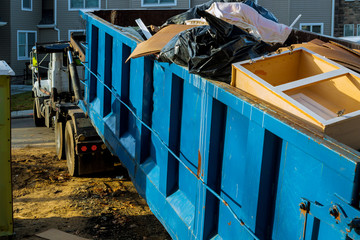


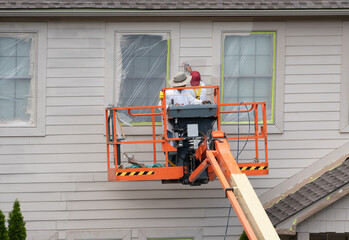
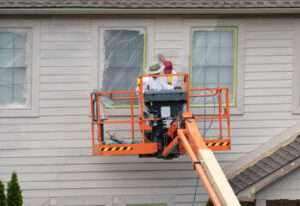 Professionalism
Professionalism